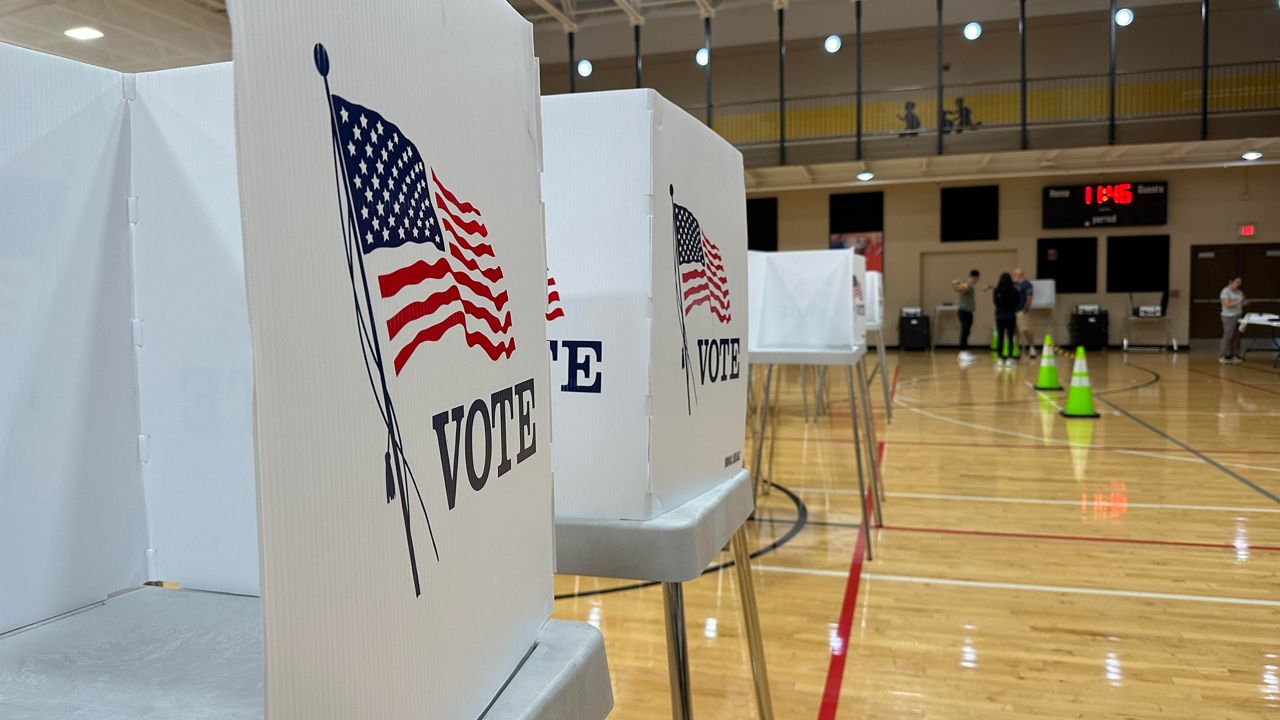OHIO — Several Ohio libraries are seeking voter approval to secure funding through levies in the November 2024 election for new or continued support.
According to the Ohio Library Council, 27 public library systems in the state will have 28 measures on ballot. The issues range from one bond, four additional/new, 16 renewals, one renewal with an increase, five replacements and one replacement with an increase.
Ohio libraries have received varying levels of support for funding in previous elections. This year the funding measures range from Dayton Metro Library’s 5-year, 1-mill levy to the Toledo Lucas County Library District requesting a 30-year, $153 million bond.
“As library usage continues to increase, we are steadily outgrowing our spaces. We are also facing challenges like inflation and costs related to aging facilities. This additional levy will allow us to expand access and make continued investments in our collections and services.” said Erin Francoeur, executive director of the Westerville Public Library.
Ballot measures will determine if libraries can continue to provide services for their communities. Libraries currently depend on property taxes as their primary income revenue, with the goal of supporting operations, offering services or financing projects.
Without the levy passing, the Granville Public Library said they could face cuts like fewer open days and hours, limited programming, reduced new material purchases and fewer digital resources available for download, streaming and database access.
“Our ability to provide free access to databases and job search tools means Montgomery County residents can find the resources they need to achieve their personal and professional goals,” said Carl Kennebrew, Dayton Metro Library board trustee. “Without these resources, many in our community would find it difficult to access career and education support and services.”



